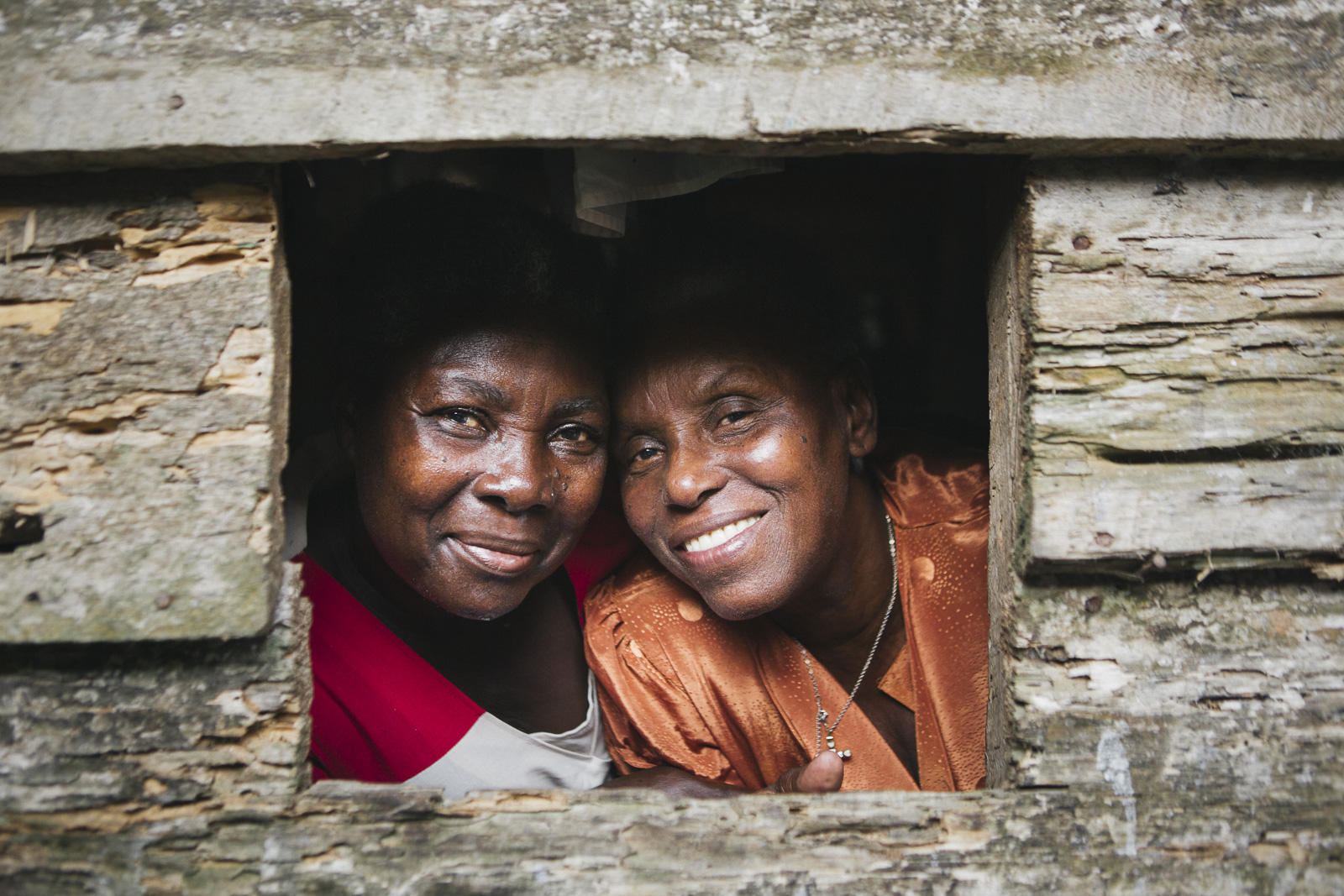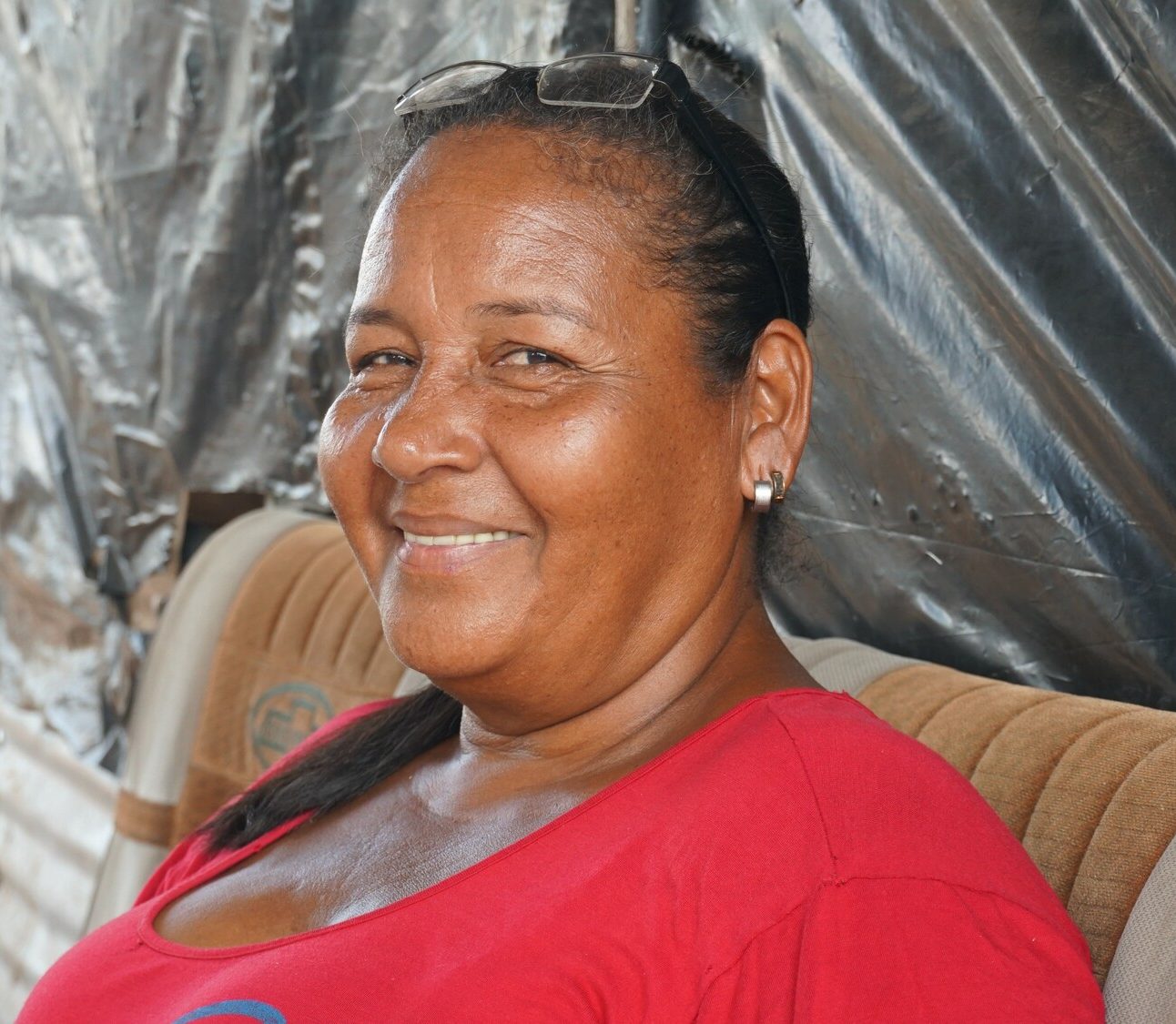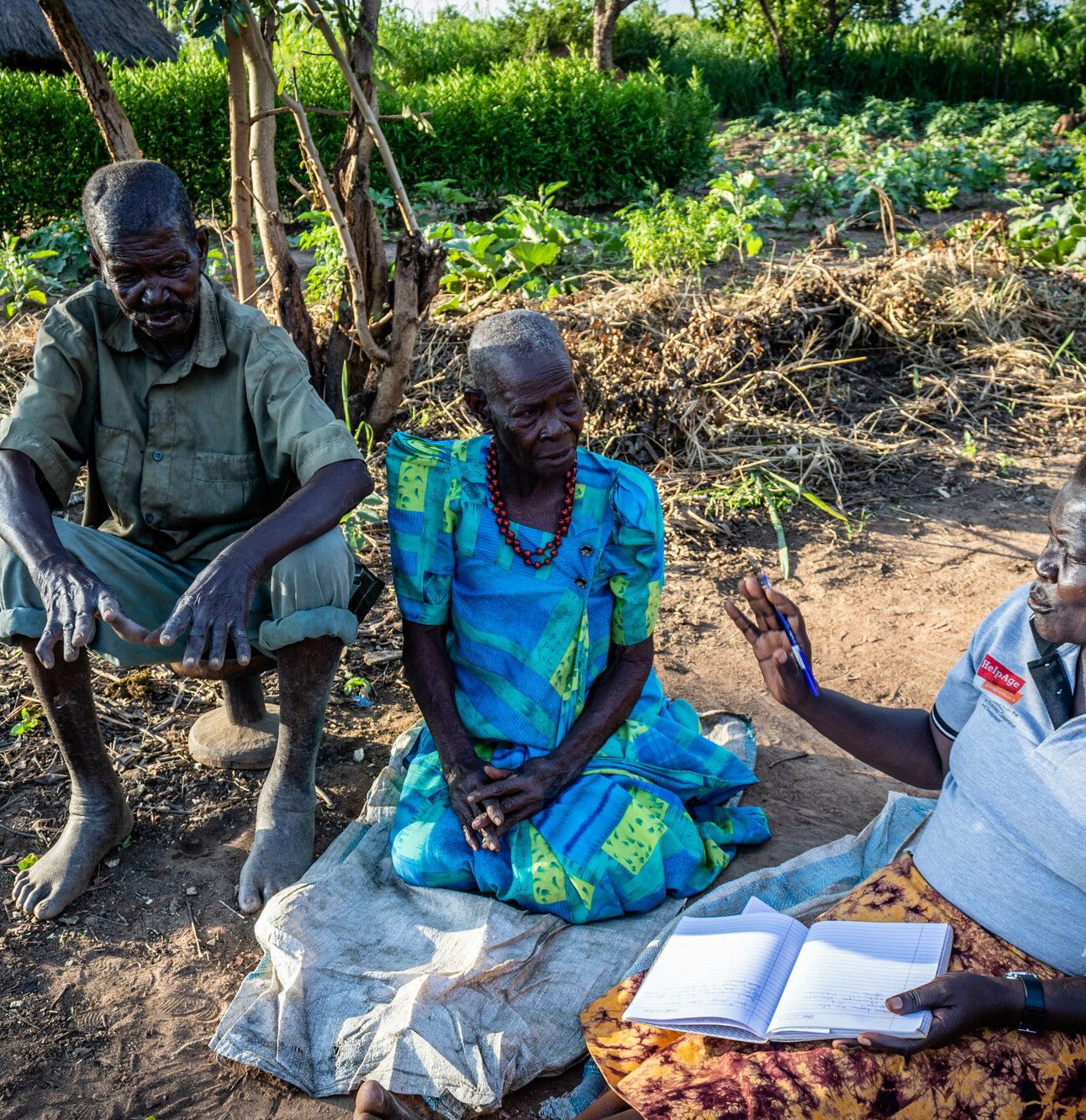Social protection and housing: The family is the primary source of social support and care for older people. Some receive an inadequate amount of government contributions with limited coverage.
Many older people do not own the homes they live in – they are either unpaid, rented or sublet domiciles. Payment of services such as water, electricity, rubbish collection and gas has become a constant demand for the poorest poor people, restricting their ability to pay for other services.
Health: The COVID-19 pandemic had a devastating impact on older people, especially those with neurocognitive disorders and has led to increased emotional suffering, loneliness, stress, worry, and depression.
Receiving timely access to healthcare services remains a challenge for older Colombians. High transport costs due to a hike in fuel prices also discourage them from visiting health clinics. Dissatisfaction with the quality of health services prompts older people to migrate to alternative health systems, even if they are more expensive.
Hostile physical, social and cultural environments: Factors such as insecurity and hostility of the physical environment, increases in transport time and prices, and perceptions of discrimination also contribute to the situation facing older people in Colombia. Many have received a low formal schooling level or are illiterate which restricts their opportunities to access goods and services and demand their rights. Almost 64 per cent of older people do not use the internet either.



